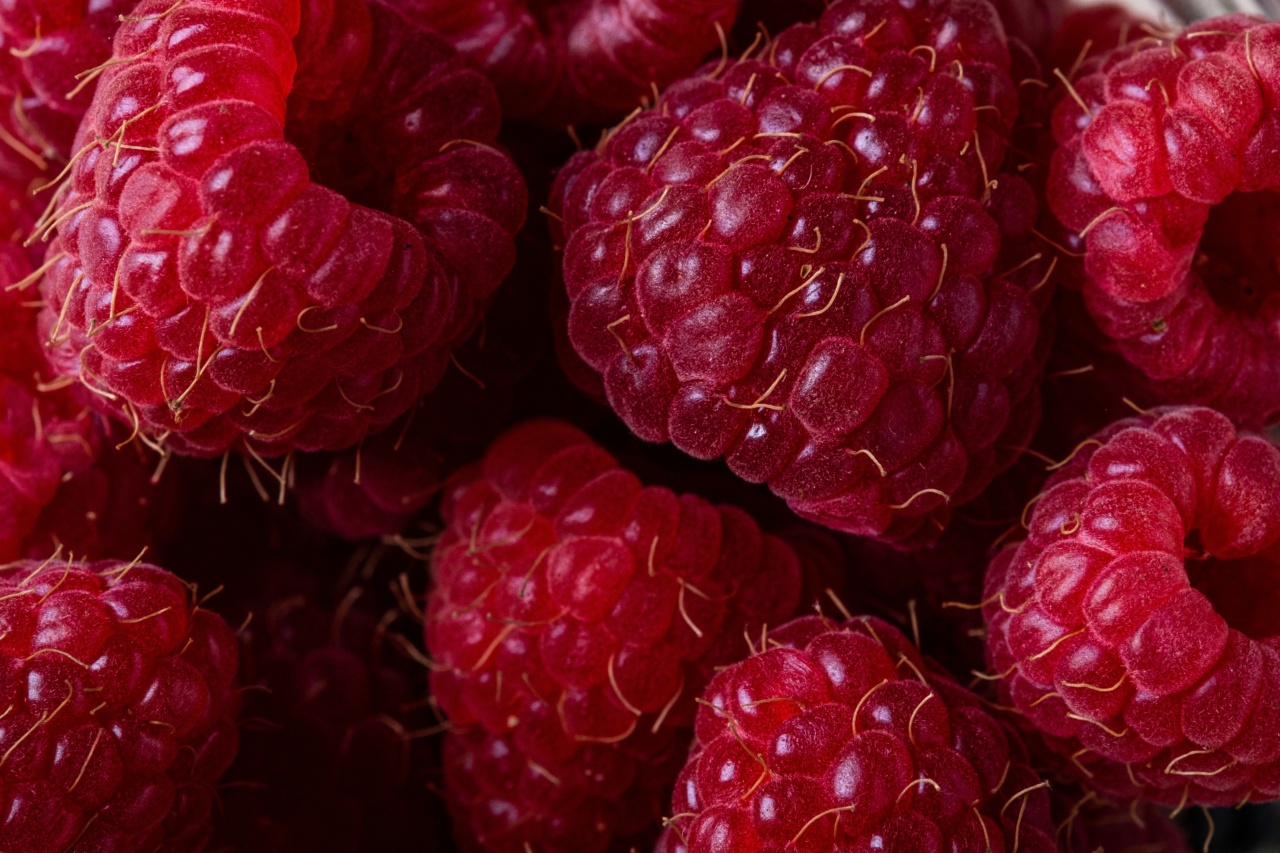Just like humans, cats also need a well-balanced diet to stay healthy, and their heart is no exception. A nutritious diet plays a crucial role in maintaining a cat’s heart health and overall well-being.
Feeding your feline friend delicious and nutritious foods can help prevent heart diseases and keep their hearts pumping strong. In this article, we will explore some of the best foods to include in your cat’s diet for a healthy heart.
1. Lean Proteins
Proteins are an essential component of a cat’s diet as they provide the necessary amino acids for their body to function properly. Opt for lean protein sources like chicken, turkey, fish, or lean beef.
These protein-packed foods are not only delicious but also low in fat, making them heart-healthy choices for your furry friend.
2. Omega-3 Fatty Acids
Omega-3 fatty acids are vital for promoting heart health in cats as they help reduce inflammation and support proper cardiovascular function. Fish oil is a rich source of omega-3 fatty acids, which can be beneficial for your cat’s heart.
Consider adding small amounts of fish oil to your cat’s diet to support their heart health.
3. Taurine
Taurine is an amino acid that is essential for maintaining healthy heart muscle function in cats. Cats cannot produce taurine on their own, so it is crucial to provide it through their diet.
Foods such as poultry, seafood, and eggs are excellent sources of taurine. Make sure to include these in your cat’s meals to support their heart health.
4. Antioxidant-Rich Foods
Antioxidants help protect cells from damage caused by free radicals. Including antioxidant-rich foods in your cat’s diet can help prevent oxidative stress and maintain a healthy heart.
Serve foods like blueberries, cranberries, and spinach to provide your cat with a good dose of antioxidants.
5. High-Fiber Foods
Fiber not only aids in digestion but also plays a role in maintaining a healthy heart. Consider adding small amounts of fiber-rich foods like pumpkin, carrots, or oats to your cat’s meals.
However, it’s important to note that excessive fiber intake can lead to digestive issues, so moderation is key.
6. Limited Sodium
Too much sodium in a cat’s diet can increase their risk of developing heart disease and high blood pressure. Avoid feeding your cat foods that are high in sodium, such as processed meats or salty snacks.
Opt for low-sodium or sodium-free alternatives to keep their heart healthy.
7. Moisture-Rich Foods
Maintaining proper hydration is crucial for a cat’s heart health. Including moisture-rich foods in their diet can help prevent dehydration and support cardiovascular function.
Wet cat food or adding water to their dry food can increase their overall moisture intake and promote a healthy heart.
8. Proper Portion Control
In addition to selecting the right foods, proper portion control is essential for maintaining a healthy weight in cats. Obesity can put unnecessary strain on a cat’s heart, leading to heart problems.
Follow the recommended portion sizes based on your cat’s age, weight, and activity level to ensure they receive the appropriate balance of nutrients without overeating.
9. Regular Veterinary Check-ups
Regular visits to the veterinarian are crucial for monitoring your cat’s heart health. A veterinarian can detect any underlying issues early on and provide appropriate guidance or treatment.
They can also make specific dietary recommendations based on your cat’s individual needs.
10. Conclusion
By incorporating delicious and nutritious foods into your cat’s diet, you can support their heart health and overall well-being. Remember to provide lean proteins, omega-3 fatty acids, taurine, antioxidants, and high-fiber foods.
Keep sodium levels low, ensure proper moisture intake, practice portion control, and prioritize regular veterinary check-ups. With the right diet and care, your cat can enjoy a healthy heart and a long, happy life.





























